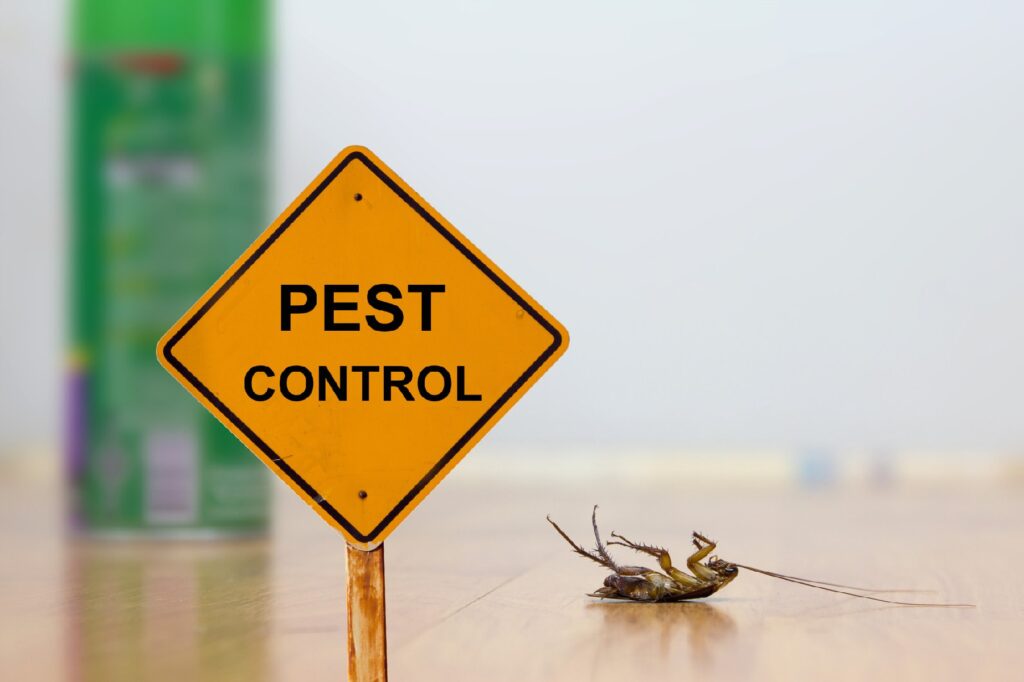Top Coquitlam Pest Control Solutions for a Rodent-Free Home
Safe and Trustworthy Pest Control for Lasting Protection
Reliable bug administration needs a diverse strategy that stabilizes environmental stability with the need for effective pest suppression. The subtleties of these approaches might not be promptly clear, triggering a more detailed examination of the methods that can lead to lasting parasite control results.
Comprehending Parasite Control Approaches
Parasite control includes a variety of approaches intended at managing and eliminating unwanted pests and rats that can threaten both wellness and building. Recognizing these approaches is vital for efficient pest monitoring.
The primary categories of pest control methods consist of mechanical, biological, and chemical techniques. Mechanical methods include physical barriers and catches to stop parasite entrance and capture undesirable species. Utilizing screens on home windows or employing sticky traps can dramatically decrease bug populations without presenting harmful compounds - exterminator coquitlam.

Chemical insect control is commonly one of the most identified approach, utilizing pesticides to get rid of bugs. These chemicals can be efficient however should be utilized with care to prevent negative results on non-target varieties and the setting.
Benefits of Eco-Friendly Solutions
Exactly how can green solutions change bug control methods? The fostering of environment-friendly parasite control approaches supplies many advantages, substantially improving the effectiveness and safety and security of parasite monitoring (exterminator coquitlam). First of all, these options use natural components, minimizing the reliance on hazardous chemicals that can posture threats to human health and wellness and the setting. This change not only protects animals and families however also decreases the capacity for dirt and water contamination.

An additional advantage is the positive effect on neighborhood biodiversity. Environmentally friendly remedies are designed to target particular parasites while protecting valuable insects and wildlife, advertising a balanced environment. This strategy straightens with the growing consumer need for lasting practices, improving the track record of parasite control service providers.
Integrated Bug Management Techniques
The application of environment-friendly remedies normally brings about the fostering of Integrated Pest Management (IPM) strategies, which even more enhance pest control efficacy. IPM is a holistic method that integrates multiple tactics to manage pest populaces while reducing environmental effect. This method highlights the usage of biological, cultural, mechanical, and chemical controls, making certain a sustainable and balanced approach of parasite administration.
One fundamental facet of IPM is the thorough analysis of bug activity and environmental problems. By keeping an eye on parasite populaces and determining their life cycles, experts can carry out targeted interventions that interfere with the bug's environment or lifecycle, decreasing dependence on chemical pesticides. Additionally, cultural practices such as crop rotation and environment control can significantly lessen parasite facility and reproduction.
One more vital component is the usage of biological control agents, such as useful pests or bacteria, which can normally reduce parasite populations. When chemical applications are necessary, IPM focuses on using low-risk chemicals and applies them uniquely, reducing direct exposure to non-target organisms and human beings.
Integrating IPM approaches not only enhances pest control efficiency yet also advertises a safer ecosystem, lining up with the expanding demand for sustainable techniques in parasite monitoring.
Safe Practices for Property Owners
Recognizing the importance of secure methods in parasite control can empower house owners to effectively handle bug concerns while guarding their health and the atmosphere. Carrying out safe methods and safety nets is critical in reducing exposure to damaging chemicals.
House owners must first evaluate their environment for conditions that draw in bugs, such as standing water, food, and clutter waste. On a regular basis cleansing and securing entrance points can prevent pests from invading the home. Making use of all-natural deterrents, such as crucial oils or diatomaceous earth, can offer effective choices to chemical pesticides.
When chemical therapies are needed, home owners need to choose products that are especially classified as risk-free for residential usage. It is vital to adhere to application standards carefully to stay clear of overexposure. Utilizing targeted treatments in areas where pests are recognized, rather than covering spraying, can substantially decrease chemical usage.
Lastly, keeping open communication with bug control professionals is crucial. Homeowners should make inquiries about the security of items used and demand environmentally friendly choices whenever feasible. By adopting these risk-free techniques, property owners can develop a healthier living environment while effectively taking care of pest problems.

Tips for Long-Term Defense
Establishing a bug monitoring strategy that highlights long-lasting defense can greatly enhance the efficiency of the secure practices previously gone over. To attain this, home owners should execute routine examinations of their residential or commercial property, focusing on concealed locations such as attic rooms, cellars, and crawl areas. Early discovery of parasite activity is vital in protecting against problems from holding.
These techniques lower attractants that attract insects into the home. Securing entrance points, such as splits around doors and windows, can properly obstruct prospective pest accessibility.
Landscape design should additionally be thought about; keeping plants cut and preserving a distance in between greenery and the home minimizes concealing spots for parasites. Using natural deterrents, contractors termite such as crucial oils or diatomaceous earth, can further dissuade infestations without resorting to extreme chemicals.
Finally, working together with a specialist bug control solution for regular evaluations can supply an extra layer of protection. These professionals can provide customized recommendations and advanced therapies, guaranteeing that your home continues to be protected versus bugs in the long term.
Final Thought
Finally, secure and trusted insect control requires a multifaceted technique that stresses environment-friendly approaches and integrated insect administration. By implementing natural deterrents, conducting normal evaluations, and keeping correct sanitation, homeowner can considerably minimize parasite populaces while protecting useful bugs and the setting. Cooperation with specialist pest control services improves the efficiency of these approaches, making certain customized solutions that provide long lasting protection and tranquility of mind against future problems.
Reliable insect administration needs a diverse technique that balances eco-friendly honesty with the demand for reliable bug reductions. The adoption of environmentally friendly insect control methods uses countless benefits, substantially improving the effectiveness and safety of pest management.The execution of green options naturally leads to the adoption of Integrated Parasite Administration (IPM) techniques, which better boost bug control efficacy. exterminator coquitlam. look at here now By keeping track of pest populaces and determining their life cycles, practitioners can apply targeted interventions that see this site interfere with the parasite's environment or lifecycle, minimizing reliance on chemical pesticides.In verdict, risk-free and reputable insect control calls for a complex method that stresses environment-friendly methods and incorporated pest monitoring